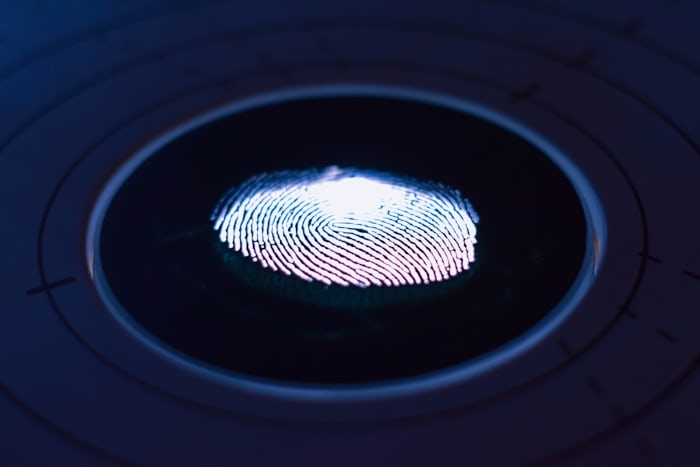Ultrasonic vs Optical Fingerprint Scanner: Which is Better?

Image Credit: Unsplash
24th August 2024 4 mins read
Fingerprint scanners have become a crucial component of modern smartphones, providing an additional layer of security and convenience. Two popular technologies used in fingerprint scanning are ultrasonic and optical. In this blog post, we'll delve into the differences between ultrasonic and optical fingerprint scanners, exploring their strengths and weaknesses to determine which one is better.
Ultrasonic Fingerprint Scanner
Ultrasonic Fingerprint Scanners use high frequency sound waves to penetrate the epidermal ie the outer layer of the skin. The thermal scanners sense the temperature differences on the contact surface, in between finferprint ridges and valleys.
Pros of Ultrasonic Fingerprint Scanner
Ultrasonic scannners use high frequency sound waves to create a 3D map of the fingerprint, making it secure and difficult for hackers to replicate. Ultrasonic scanners can also detect slight variations in fingerprint patterns, resulting in higher accuracy. Lastly Ultrasonic fingerprint scanners are less prone to wear and tear, ensuring consistent performance over time.
Advertisement
Cons of Ultrasonic Fingerprint Scanner
Ultrasonic fingerprint scanners are generally more expensive to produce than optical scanners. And it may not be compatible with some devices and their operating systems.
Optical Fingerprint Scanner
Optical Optical Fingerprint Scanner captures your fingerprint by using light reflected on your finger,that is why your phone lights up wwhen you place your finger against your fingerprint sensor.
Pros of Optical Fingerprint Scanner
Optical Fingerprint Sensor are Widely compatible which enables it work with a broader range of devices and operating systems. Some devices that uses Optical Fingerprint Sensors are Oppo and the Goggle Pixel models.
Cons of Optical scanners
The use of light to capture fingerprint makes them more vulnerable to hacking. Sometimes Optical scanners can struggle with variations in fingerprint patterns, leading to lower accuracy. Lastly Optical scanners require regular cleaning which makes it hard to maintain.
Comparison
Ultrasonic fingerprint scanners offer superior security and accuracy but come at a higher cost. Optical scanners are more affordable and widely compatible but compromise on security and accuracy.
Conclusion
While both ultrasonic and optical fingerprint scanners have their strengths and weaknesses, ultrasonic scanners offer better security and accuracy, making them the preferred choice for those prioritizing.
Read Also
- How Does Heat Kill
- The Hidden Dangers of Public Phone Chargers- Why You Should Avoid Using Public Phone Chargers
- How to Stay Safe While Using Public Wi-Fi-Tips And Tricks
- The Largest Economy in the World- Top 10
- The Hidden Dangers of Credit and Debit- A Guide to Safe Financial Practice
- Building an Emergency Fund-Your Safety Net Against Debt